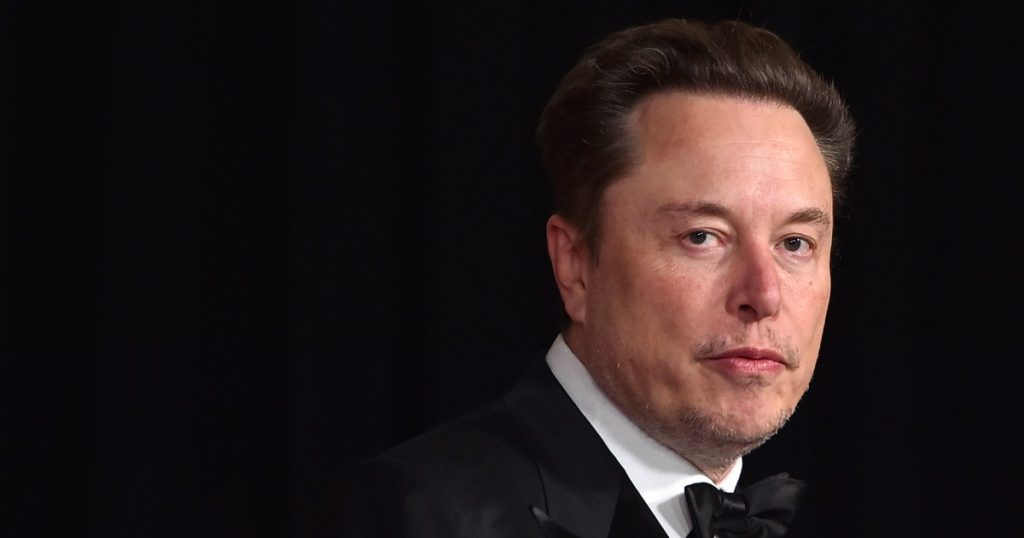In Brazil, a ban on Elon Musk’s social media platform X has been upheld by all five judges on a Supreme Court panel. The ban was imposed by Justice Alexandre de Moraes after X missed a deadline to name a legal representative in Brazil. Justice Flavio Dino emphasized the importance of compliance with court decisions, stating that companies cannot operate in a country while disregarding its laws. Justices Carmen Lucia and Luiz Fux also supported Moraes, making the decision unanimous. However, the suspension could be lifted if X complies with court rulings and pays fines exceeding $3 million.
Moraes referred to Elon Musk as an “outlaw” who is promoting misinformation and hate speech through X. Musk, who acquired X in 2022, denounced the ban as censorship and called Moraes a dictator. Since Musk’s ownership, X has seen a shift towards far-right content and unsubstantiated claims. Musk’s confrontations with the UK government and his endorsement of Donald Trump have raised concerns about the platform’s influence. With an estimated 40 million users in Brazil, the ban poses a significant threat to X’s operations in one of its key markets. Users and providers using X through encrypted connections can face substantial fines, further highlighting the seriousness of the situation.
Brazilian President Luiz Inacio Lula da Silva expressed satisfaction with the Supreme Court panel’s decision, emphasizing the importance of upholding the rule of law. In response to the ban, Musk-owned satellite internet provider Starlink announced that it would not comply with the order to block X. Starlink, which has over 200,000 customers in Brazil, had its bank accounts frozen by Moraes due to a separate dispute over unpaid fines. Anatel, Brazil’s telecom regulator, warned Starlink of potential sanctions, including the revocation of its local license. Despite the warnings, Starlink remains defiant as the sole telecom provider resisting the ban.
The ban on X poses a significant challenge for Musk’s internet ventures in Brazil, with potential consequences for both X and Starlink. Musk’s confrontational approach and alignment with controversial figures have raised concerns about the spread of disinformation and hate speech on X. The Brazilian authorities’ actions reflect a determination to enforce compliance with legal rulings and combat misleading content. As a result, the standoff between Musk’s companies and Brazilian regulators highlights the tensions between freedom of expression and the responsibility to prevent the dissemination of harmful content.
The decision to uphold the ban on X in Brazil underscores the judiciary’s commitment to maintaining order and upholding the rule of law. Musk’s characterization of the ban as censorship and his criticism of Moraes as a dictator have further fueled the controversy surrounding X. The impact of the ban on X’s operations in Brazil, one of its largest markets, highlights the regulatory challenges faced by tech companies operating in complex legal environments. Despite the defiance of Musk-owned Starlink, the Brazilian authorities have made it clear that non-compliance with the ban will result in severe consequences, signaling a zero-tolerance approach to companies flouting legal obligations.













